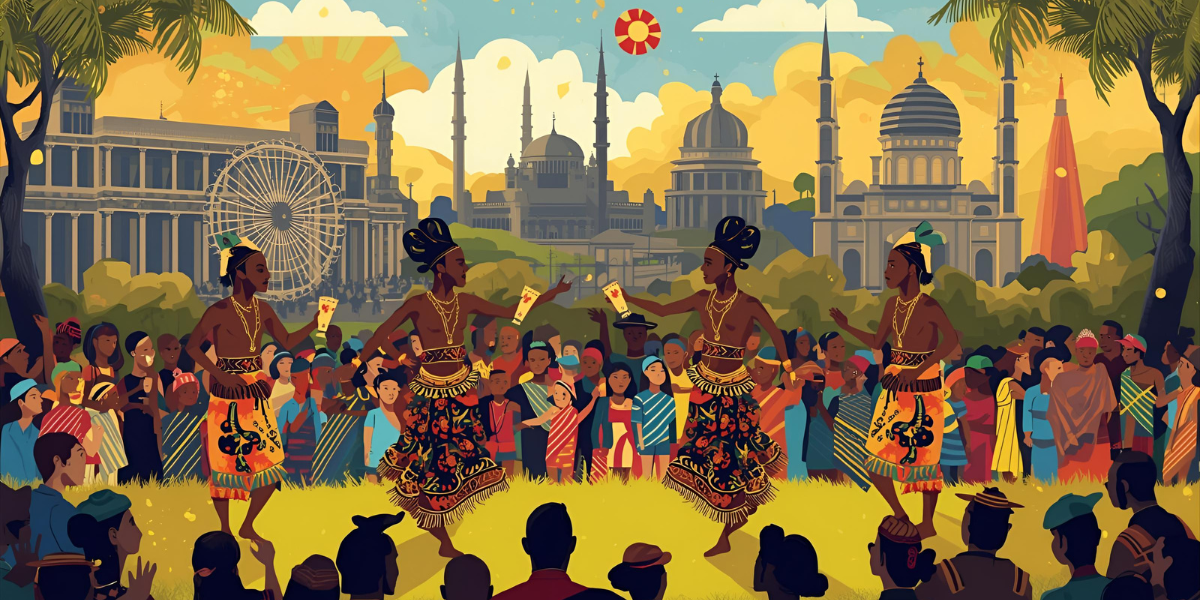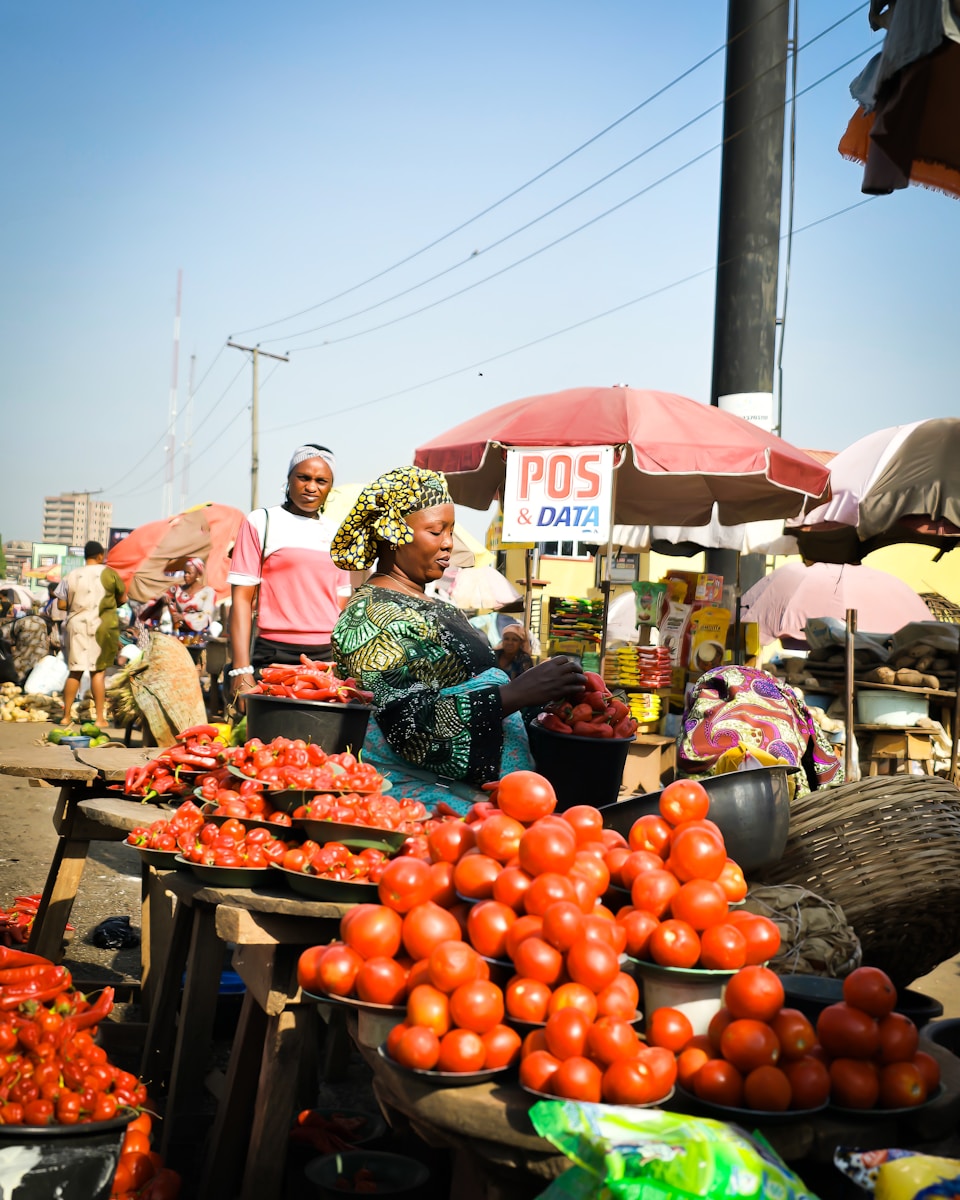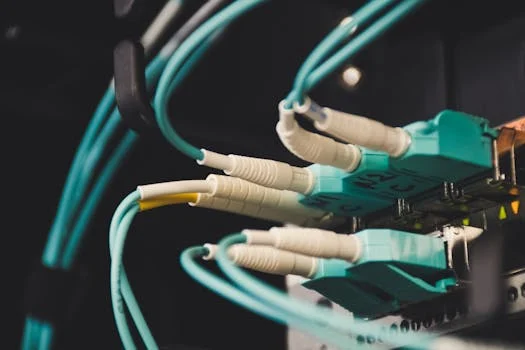Uganda Cultural Diplomacy: Ways It Shapes the Global Future
Uganda cultural diplomacy has become a key strategy in its foreign service. By focusing on its rich cultural heritage, Uganda is positioning itself as a leader in global diplomacy. This approach aims to foster international goodwill, strengthen relationships, and enhance Uganda’s global image.
Let’s explore how Uganda is using cultural diplomacy to shape a brighter, more interconnected future. Here are five ways cultural diplomacy is playing a pivotal role in Uganda’s foreign relations.
1. Uganda Cultural Diplomacy: Enhancing Global Relationships through Cultural Exchange
Cultural exchange programs are one of the most effective tools Uganda is using to build stronger diplomatic ties. These programs allow Ugandan artists, musicians, and performers to share their cultural heritage while also learning from other nations. This two-way interaction helps build mutual understanding and respect.
By participating in global festivals and exhibitions, Uganda is showing the world its rich cultural heritage. These interactions provide a platform to engage in dialogue, showcase Ugandan traditions, and learn about others’ cultures, strengthening ties with countries worldwide.
2. Promoting Uganda’s Rich Heritage to the Global Audience
Uganda’s diverse cultural traditions are at the heart of its diplomatic strategy. Through showcasing traditional music, dance, art, and culinary experiences, the country highlights its unique identity. This promotes Uganda as a nation with a rich cultural history that deserves a place in global conversations.
International cultural festivals, such as the Bayimba International Festival of the Arts, play an essential role in promoting Ugandan culture to the world. These festivals bring together artists and performers from different parts of the globe, creating an environment where Uganda’s culture can shine.
3. Uganda Cultural Diplomacy And Strengthening Soft Power through Cultural Diplomacy
Soft power is the ability of a country to influence others through attraction rather than coercion. By prioritizing cultural diplomacy, Uganda is strengthening its soft power. Cultural initiatives allow Uganda to create a positive image abroad, making the country more attractive for trade, tourism, and investment.
Through partnerships with global organizations and participation in international cultural platforms, Uganda’s soft power continues to grow, enhancing its reputation and influence on the world stage.
4. Leveraging Diplomatic Relations for Economic Growth
Uganda’s foreign service strategy recognizes the importance of cultural diplomacy in driving economic growth. By building diplomatic ties through cultural exchange, Uganda is opening doors for business partnerships, investments, and trade deals. This contributes to Uganda’s long-term economic development and fosters sustainable growth.
Cultural diplomacy also creates new avenues for tourism, as international visitors are drawn to Uganda’s cultural events, art exhibitions, and festivals. Tourism, in turn, creates jobs and strengthens the economy.
5. Promoting Humanitarian Diplomacy through Cultural Initiatives
Along with economic diplomacy, Uganda is using cultural diplomacy to promote humanitarian causes. By sharing its cultural initiatives with the global community, Uganda advocates for international support in addressing issues such as poverty, health crises, and education. Cultural diplomacy enables Uganda to bring attention to these challenges and work collaboratively toward solutions.
Conclusion: Building a Stronger Global Future through Cultural Diplomacy
Uganda cultural diplomacy is a powerful tool that is helping the country achieve its diplomatic and developmental goals. As Uganda continues to engage with the world through cultural initiatives, it will build stronger relationships, increase its global influence, and shape a better future for its citizens.
Stay updated with Uganda’s foreign policy strategies by visiting our Foreign Policy Updates.
For more insights into how cultural diplomacy is shaping global politics, explore this UN resource on Cultural Diplomacy.




